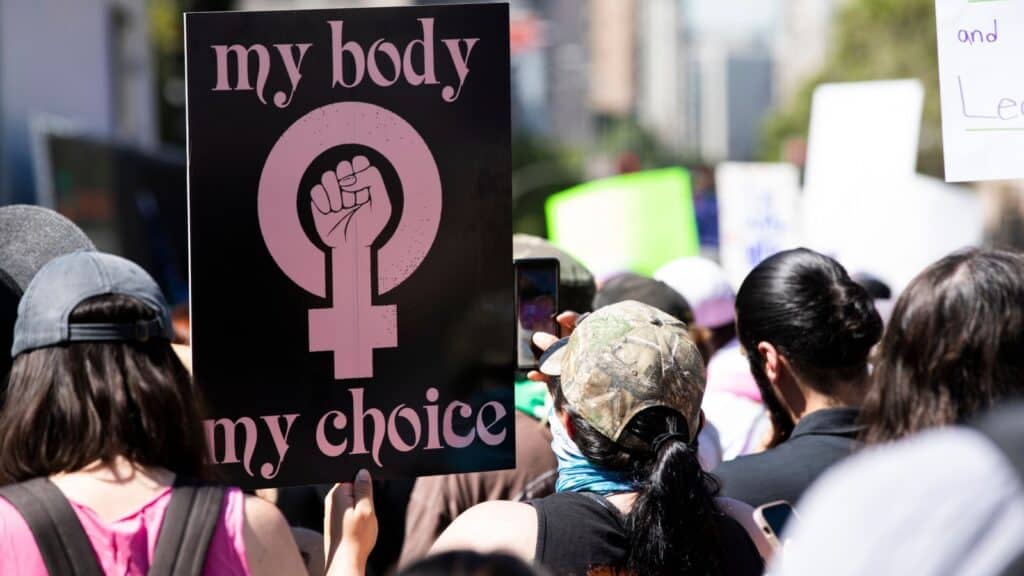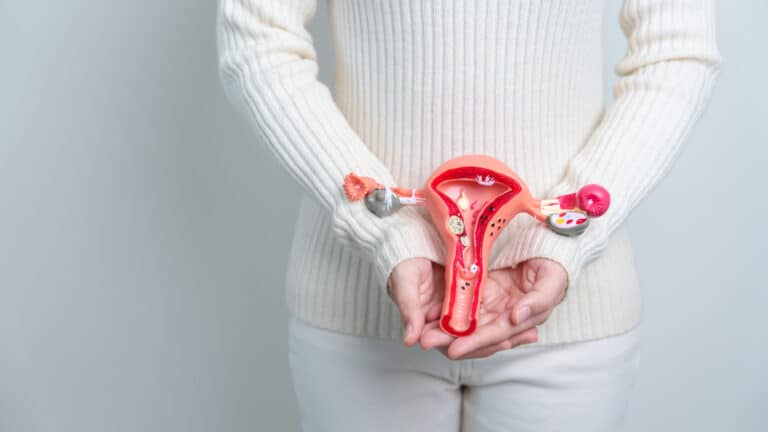Where Tubal Ligations Are Skyrocketing Since Roe v. Wade Was Overturned
The Supreme Court’s decision to overturn Roe v. Wade in the Dobbs v. Jackson Women’s Health Organization case has caused significant ripples across the landscape of reproductive health in the United States. The ruling, which eliminated the federal protection for abortion rights, has led to more restrictive abortion laws in many states. This legal shift has prompted an increasing number of women to seek permanent forms of birth control, particularly tubal ligations, or “getting your tubes tied.”
What Is a Tubal Ligation?

A tubal ligation is a surgical procedure in which a woman’s fallopian tubes are cut, tied, or sealed to prevent eggs from reaching the uterus for fertilization. It is considered a permanent form of contraception, though reversal is sometimes possible. While tubal ligations have long been a popular option for women who feel they are done having children, the post-Dobbs era has seen a noticeable rise in demand for the procedure.
Why Are More Women Seeking Permanent Sterilization?

With the rollback of abortion rights, many women now fear that access to safe, legal abortions could be further restricted in the future. This concern is particularly pressing in states where abortion has been banned or heavily regulated following the Dobbs decision. As a result, some women are opting for tubal ligations as a means of taking control over their reproductive futures.
Lack Of Choice Has Far Reaching Effect

Without the safety net of legal abortion, many women feel that they need a more permanent solution to avoid unintended pregnancies. Tubal ligation, while irreversible in most cases, offers peace of mind for those who are concerned about the implications of carrying an unplanned pregnancy to term in a post-Roe world.
The Data: Surge in Tubal Ligation Inquiries

A study published in the Journal of the American Medical Association (JAMA) reported a spike in requests for tubal ligations following the Supreme Court’s ruling. Doctors across the country have noted that many patients now explicitly cite concerns over losing abortion access as a primary motivator for seeking permanent sterilization. This trend is particularly pronounced in states with restrictive abortion laws, where women feel a heightened sense of urgency in securing their reproductive autonomy.
Other Reliable Contraception is Also Important

In addition to an increase in requests for tubal ligations, some doctors have reported higher demand for other long-term forms of birth control, such as intrauterine devices (IUDs), which can last for years but are not permanent. The desire for effective, reliable contraception is reflective of the uncertainty surrounding the future of reproductive rights.
Barriers to Tubal Ligation

Despite the increase in demand, accessing tubal ligation is not always straightforward. Some women face opposition from healthcare providers who are hesitant to perform the procedure on younger patients, especially those who have not had children. Many doctors worry that patients may regret the decision later in life and therefore impose barriers such as requiring counseling or multiple consultations before agreeing to the surgery.
Cost Is A Factor

Furthermore, insurance coverage and costs can be prohibitive for some women. While the Affordable Care Act mandates coverage for sterilization in many cases, there are still gaps, particularly for those who are uninsured or underinsured.
Empowering Women’s Choices

For many women, tubal ligation represents a proactive choice in an increasingly unpredictable reproductive landscape. The decision to undergo permanent sterilization is deeply personal and reflects a desire for control over one’s body and future. While abortion access remains a deeply divisive issue in the United States, the rise in demand for tubal ligation underscores the lengths to which women are willing to go to safeguard their reproductive autonomy.
Keep An Eye On Legislation

The shift in reproductive choices also highlights the importance of providing comprehensive, accessible contraception options for all women, regardless of their socioeconomic status or geographic location. As more women turn to permanent sterilization in response to changing legal landscapes, healthcare providers, policymakers, and advocates must work together to ensure that these choices are respected, supported, and accessible.
Looking Forward

The Dobbs decision has fundamentally altered the reproductive health landscape in the U.S., and its impact will continue to unfold in the coming years. As more women seek permanent solutions like tubal ligations, it is crucial that healthcare systems respond to this growing demand by providing clear information, access to care, and support for women making these significant life choices.
The Takeaway

At its core, the rise in tubal ligations reflects a broader conversation about reproductive rights, autonomy, and the power women have—or should have—over their own bodies. In a time of legal uncertainty, the ability to make informed, autonomous choices about reproduction has never been more critical.
Choosing Where to Be Pregnant: Which States Are Conducive To Safe Pregnancy

Women are facing a relentless assault in our nation, with the fundamental right to bodily autonomy hanging precariously in the balance. Increasingly, women are being stripped of their ability to choose whether or not they wish to carry a pregnancy to term, and vital healthcare services that could save lives are being withheld in an attempt to curtail women’s autonomy.
In response, we have identified 25 states where we believe women can reasonably expect conditions conducive to safe pregnancy.
READ: Choosing Where to Be Pregnant: Which States Are Conducive To Safe Pregnancy
These Countries Have The Most Permissive Abortion Laws

Since the U.S. Supreme Court’s decision to overturn Roe v. Wade in 2022 and end nearly half a century of precedent, American women have sought out countries to move to where reproductive rights are protected. It’s rarely the sole factor in an aspiring emigrant’s decision to leave the U.S., but it’s a significant one.
International law regarding abortion varies considerably and can involve time limits and other legal grounds, but these are countries where abortion is legal or largely protected.
READ: These Countries Have The Most Permissive Abortion Laws
Join Us

Join us on this empowering journey as we explore, celebrate, and elevate “her story.” The Queen Zone is not just a platform; it’s a community where women from all walks of life can come together, share their experiences, and inspire one another. Welcome to a space where the female experience takes center stage. Sign up for our newsletter so you don’t miss a thing, Queen!








